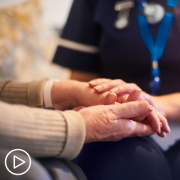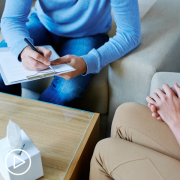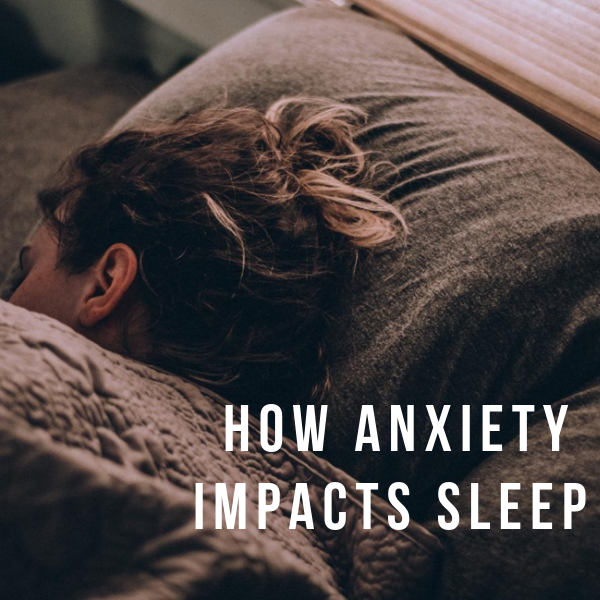MPN Patient Q&A: How Do I Best Communicate My Concerns Without Feeling Dismissed?
MPN Patient Q&A: How Do I Best Communicate My Concerns Without Feeling Dismissed? from Patient Empowerment Network on Vimeo.
What can myeloproliferative neoplasm (MPN) patients do to improve communication when the feel like their concerns aren’t being heard? Watch as MPN patient Nona shares her advice for preparing for appointments, and health advocate Dr. Nicole Rochester offers advice on how to help calm anxiety at appointments.
This program provides one patient’s perspective. Please talk to your own doctor to make healthcare decisions that are right for you.
See More from Best MPN Care No Matter Where You Live
Related Resources:

|

|

|
Transcript:
Dr. Nicole Rochester:
Our next question is from Alice and Alice says, “I’ve noticed among women, minority groups and underserved communities, that there’s often a dismissive tone or atmosphere when you speak up and share your concerns,” and she wants to know, “Nona, do you feel that being a woman played a role in your initial diagnosis?” And she also likes to understand how to communicate concerns with the care team when you feel that you’re being dismissed.
Nona Baker:
That’s an interesting question, I have to be honest and say I didn’t experience that, but I’m well aware of that. And it goes on, and it’s really disempowering to feel that, so I have huge empathy to hear that. I think if I had experienced it, which I obviously didn’t experience it, my key tip here would be when going for an appointment with a clinician, take a notebook and a pen and write down what you want to ask them and write down their answers. And preferably if you can take somebody with you, because then you have that opportunity afterwards to digest what you’ve been told, and that in itself is empowering because you can then make further choices.
Dr. Nicole Rochester:
I love that, Nona. Also, advice that I always give to clients, and you’re right, having someone with you and writing things down is so important, especially in these situations where you’re getting a diagnosis, there’s a lot of uncertainty. We know that a lot of the information that’s shared in medical appointments goes in one ear and out of the other, particularly if we’re anxious or concerned or worried, so having that second person in the room is so incredibly important. I appreciate that advice.










